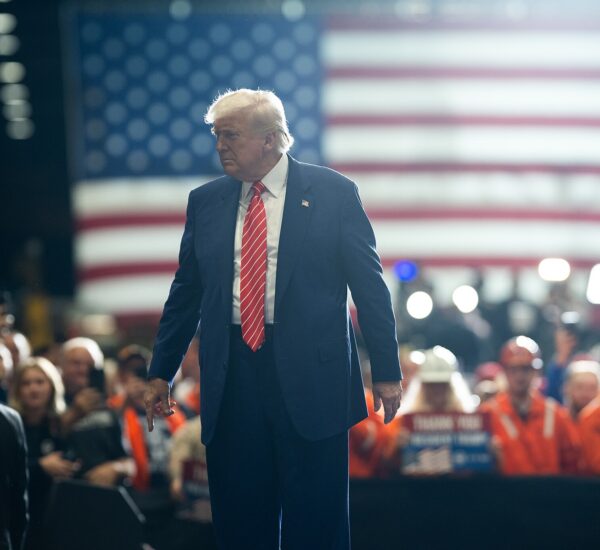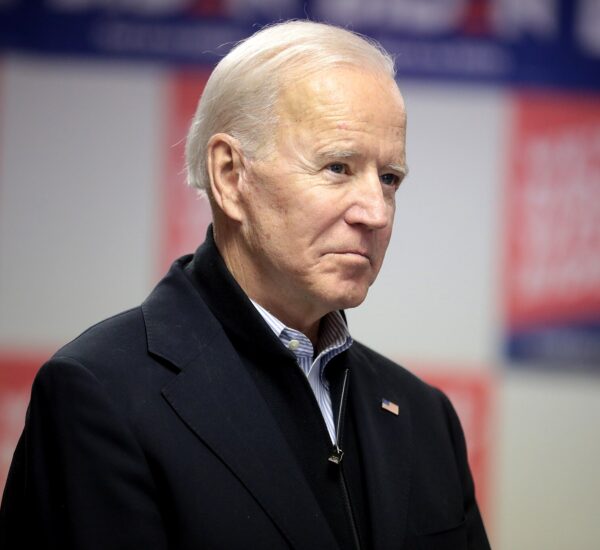Trump Attacks GOP Over This
Trump is not happy that the GOP is now chickening out.
In a recent post on Truth Social, former President Trump took aim at the wave of Republican House members stepping down from their seats, which has thrown the already precarious Republican majority into uncertainty.
Trump’s criticism, delivered on Easter Sunday, singled out departing Rep. Mike Gallagher (R-Wis.) and former Rep. Ken Buck (R-Colo.), both of whom opted for early retirement, leaving vacancies in Congress. Gallagher’s resignation is scheduled for mid-April, leaving his seat vacant until January, while Buck resigned last week, with a replacement expected in June.
These departures, alongside other vacant seats in the House, diminish the GOP’s majority to a mere single seat once Gallagher steps down. This tight margin complicates the already challenging task of passing partisan legislation. The situation has prompted speculation that Minority Leader Hakeem Jeffries (D-N.Y.) might assume the role of Speaker, as some Republicans express discontent with Speaker Mike Johnson (R-La.).
Trump’s criticism mirrors widespread disapproval within the GOP, particularly towards Gallagher, who appears to have timed his resignation to circumvent Wisconsin law and avoid a special election. This strategy ensures that his seat remains vacant until January rather than being filled sooner.
Calls for Gallagher’s expulsion from the House, notably from Rep. Marjorie Taylor Greene (R-Ga.), have surfaced as a form of retribution, although such efforts lack substantial support and would have little impact.
The impending vacancy left by former Speaker Kevin McCarthy (R-Calif.), scheduled for the end of April, further intensifies the pressure, leaving a brief three-week period with a one-seat majority.
Gallagher attributed his departure to the dysfunction within the GOP, emphasizing his belief that congressional service should not become a lifelong career. He expressed his view that an excess of career politicians contributes to the dysfunctionality of Congress, contrary to the intentions of the Framers, who envisioned a rotation of individuals serving in public office before returning to private life.
LOOK:







